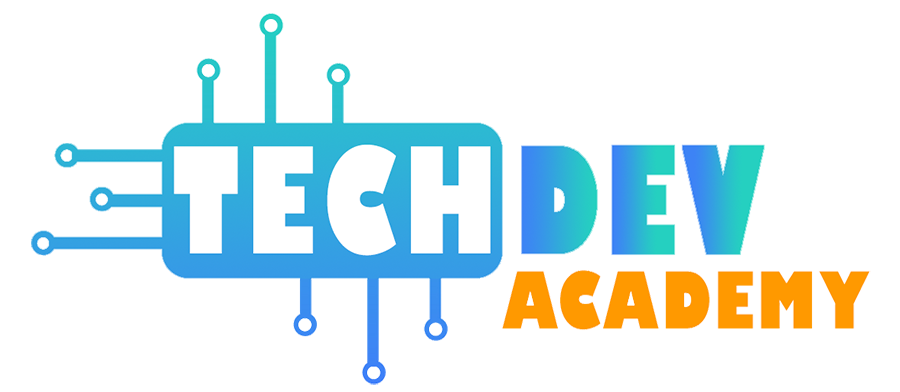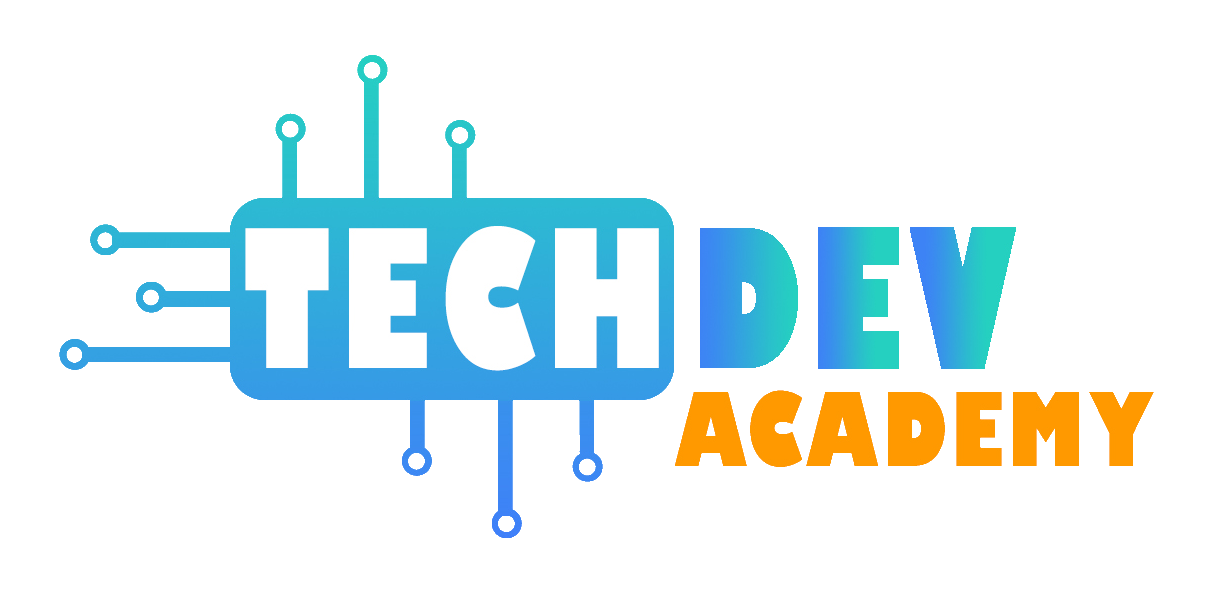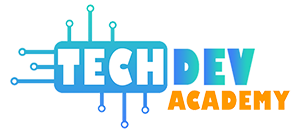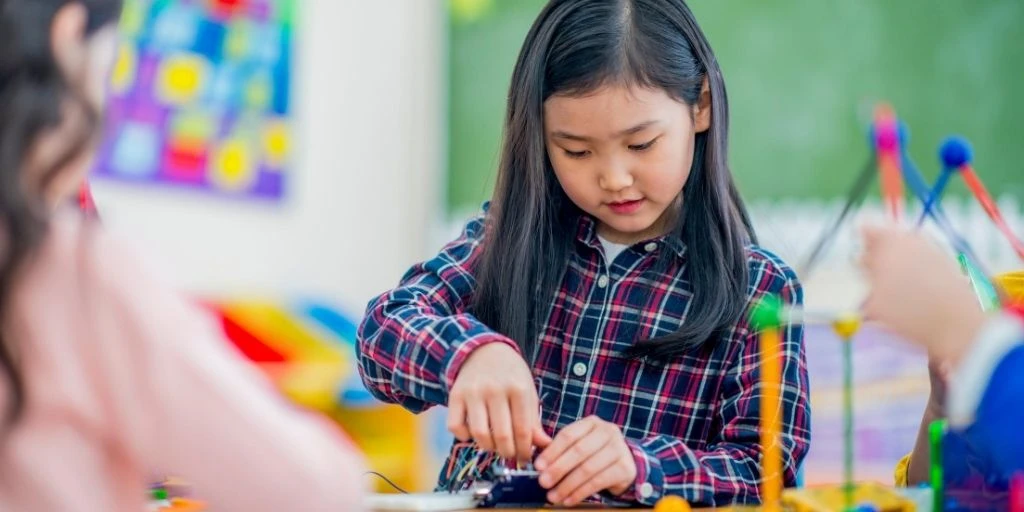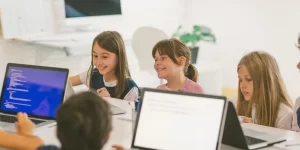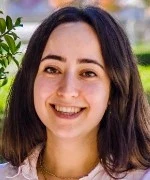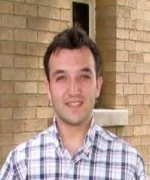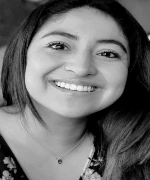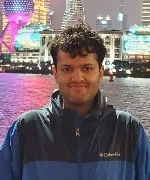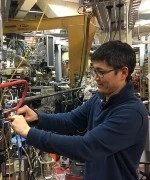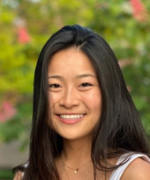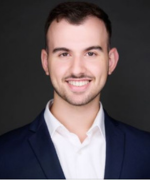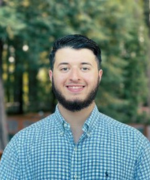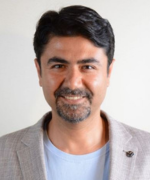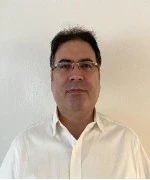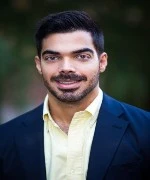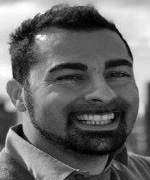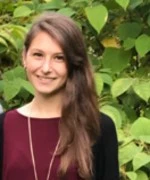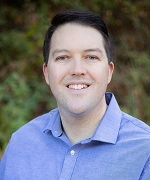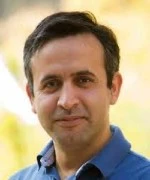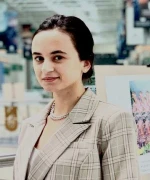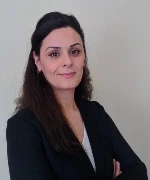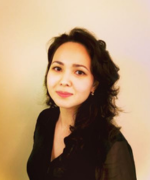Why And How To Engage Your Daughter In STEM?
It may sound unbelievable but in the STEM (science, technology, engineering, and mathematics) workforce, women account for only 28%[1] of those employed in the field. Despite similar achievements among kids of all genders in science and math, men are the vast majority of students studying various STEM fields when it comes to higher education. Additionally, the Pew Research Center reveals that a typical STEM worker simply earns two-thirds more[2] compared to those working in other fields. And women workers account for the lowest percentages in the highest-earning STEM occupations like computer science and engineering. But why do we see this gender gap in participation in advanced STEM courses and tests? Let’s take a look at some wrong stereotypes that may help you understand the reason.
Major Factors Propelling Gender Discrimination in STEM
- Math anxiety: There’s a widespread perception that says girls aren’t good at math. When girls understand the general idea about male superiority in it, it automatically becomes harder for them to overcome the anxiety. Also, elementary teachers, who are predominantly female, tend to pass this anxiety onto girls. This can make it difficult for girls to achieve higher grades in math.
- Gender inequality: The practice of underestimating girls’ abilities in STEM-related subjects starts at the preschool level. Thus, STEM fields are often considered as male-dominated ones.
- Male-dominated cultures: As fewer women take up more advanced STEM courses and join the workforce afterward, the fields remain dominated by males. In fact, a study published last year revealed that only 24 percent[1] of tenured engineering, math, and science professors at the participating research facilities are women, despite they occupy 37 percent of undergraduates in the fields.
- Relatively, the lower number of successful women: With fewer role models such as female scientists or mathematicians, girls don’t get enough inspiration to enter the STEM fields.
Why There Should Be More Women In STEM Fields?
The demand for STEM jobs will only increase over time as it’d help us deal with various technological and environmental issues. Since there’s already a considerable surplus of STEM jobs, more women in the fields will help to shorten the gap in the upcoming future. Here are other major reasons why we need more female STEM workers:
- Diversity leads to new perspectives: When great minds come together, it leads to encouraging more diverse approaches and new perspectives. For instance, in scientific studies conducted in the healthcare sector, the introduction of women as medical researchers helped us realize that gender is a variable.
- Good for the global economy: According to a report from McKinsey, increasing the number of women STEM workers can add a whopping $12 trillion to the global GDP by 2025[2].
- Improved economic stability: Studies have shown that organizations with more female employees perform better than their competitors consistently. On a broader scale, successful organizations help to maintain solid economic stability. And on an individual basis, an increased number of women in STEM fields benefits individual workers as these jobs tend to be some of the highest paying ones and are less subject to the wage gap based on genders.
These explanations indicate the essential benefits of having more women in STEM fields.
How You Can Help Your Daughter to Start Coding
Similar to other STEM-related subjects, there’s a considerable lack of women in computer science as well. So, what can you do to help your daughter to break the above-mentioned barriers and encourage her to step into the field? Get her into coding as soon as possible! How? Here’s what you can do.
- Become a role model: Try to figure out which of your skills and experience can encourage your daughter to start learning to code. For instance, if you’re working in a STEM field, share your own story with your daughter to help her understand the importance and benefits of being a STEM worker. If you cannot become a mentor yourself, ask any of your friends and family members who are working in technical fields to perform the role.
- Help her start early: You should start teaching coding to your daughter as early as possible before the social pressure sets in. And stay thoroughly involved in her coding journey. There are many things you can do to help her stay engaged – from signing her up for a kids’ coding camp to doing coding activities such as playing coding games together at home.
- Introduce her to the right resources: Apart from helping your daughter get into coding, introduce her to coding platforms that offer simplistic, drag-and-drop ways of learning to code. There’re lots of excellent free and paid resources available on the Internet. These resources do a great job of letting students build exciting things more quickly while helping them learn concepts of coding and actual coding languages.
Active participation of girls and women in STEM fields is essential to eliminate the present disparity we see in these fields. As long as we expose young girls to science and technology and encourage them equally to study those areas, those with a genuine interest and talent will be able to outshine others. Once the discrepancy gets eliminated, we can expect to see actual changes in terms of having more female students, as well as, workers in the STEM fields.
[1] https://ngcproject.org/statistics
[2] https://www.pewsocialtrends.org/2018/01/09/women-and-men-in-stem-often-at-odds-over-workplace-equity/ps_2018-01-09_stem_1-09/
[3] https://www.the-scientist.com/news-opinion/gender-inequity-persists-for-women-in-stem-66398
[4] https://www.pewsocialtrends.org/2018/01/09/women-and-men-in-stem-often-at-odds-over-workplace-equity/ps_2018-01-09_stem_1-09/
